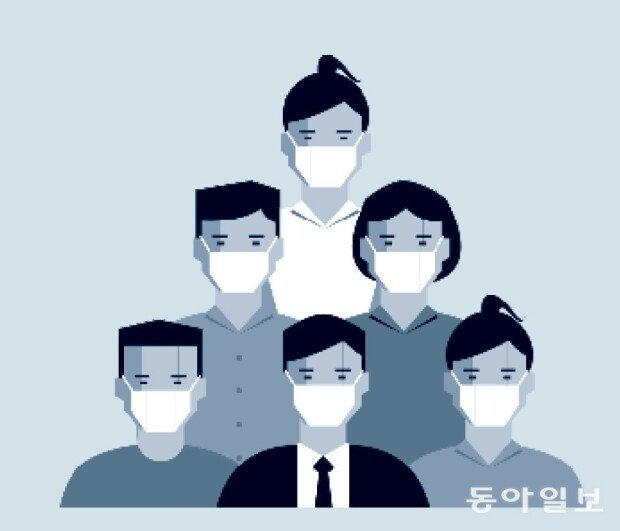Report uncovers North Korea’s concealed COVID-19 outbreak
Report uncovers North Korea’s concealed COVID-19 outbreak
Posted June. 19, 2025 07:42,
Updated June. 19, 2025 07:42

A new report from the Center for Strategic and International Studies and the George W. Bush Institute sheds rare light on North Korea’s hidden COVID-19 crisis, directly challenging the regime’s long-standing claims of early pandemic success.
Titled "Behind Shuttered Borders: A View into North Korea’s COVID-19 Experiences," the report is based on interviews with 100 ordinary North Koreans. It reveals that the virus was already spreading in the country as early as 2020, even though Pyongyang did not officially acknowledge any cases until May 2022.
One account came from a woman who worked in a nursing home. She recalled a wave of deaths during the winter of 2020 so severe, saying, “There were not enough coffins.”
Out of the 100 respondents, 92 said they or someone they knew had likely contracted the virus. Access to medical care was extremely limited. Eighty-seven respondents said they were never tested for COVID-19, and 39 said they had not received a vaccine.
North Korea first recognized the outbreak in May 2022, declaring a “state of maximum emergency” and imposing a nationwide lockdown more than two years after the global spread began.
The report also highlights the influence of state propaganda. One-third of those interviewed said they believed South Korea had deliberately introduced the virus into the North, reflecting a narrative promoted by the regime, which previously blamed leaflets floated across the border.
“If the North Korean government had been honest about the pandemic and accepted outside assistance, many deaths could have been prevented,” the report stated. “The government's negligence was nothing short of abominable.” The regime has officially reported just 74 COVID-related deaths, a figure widely dismissed by outside experts as implausibly low.
Ji-Sun Choi aurinko@donga.com







